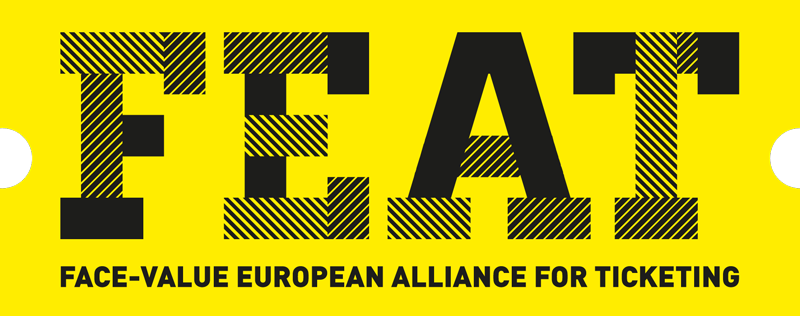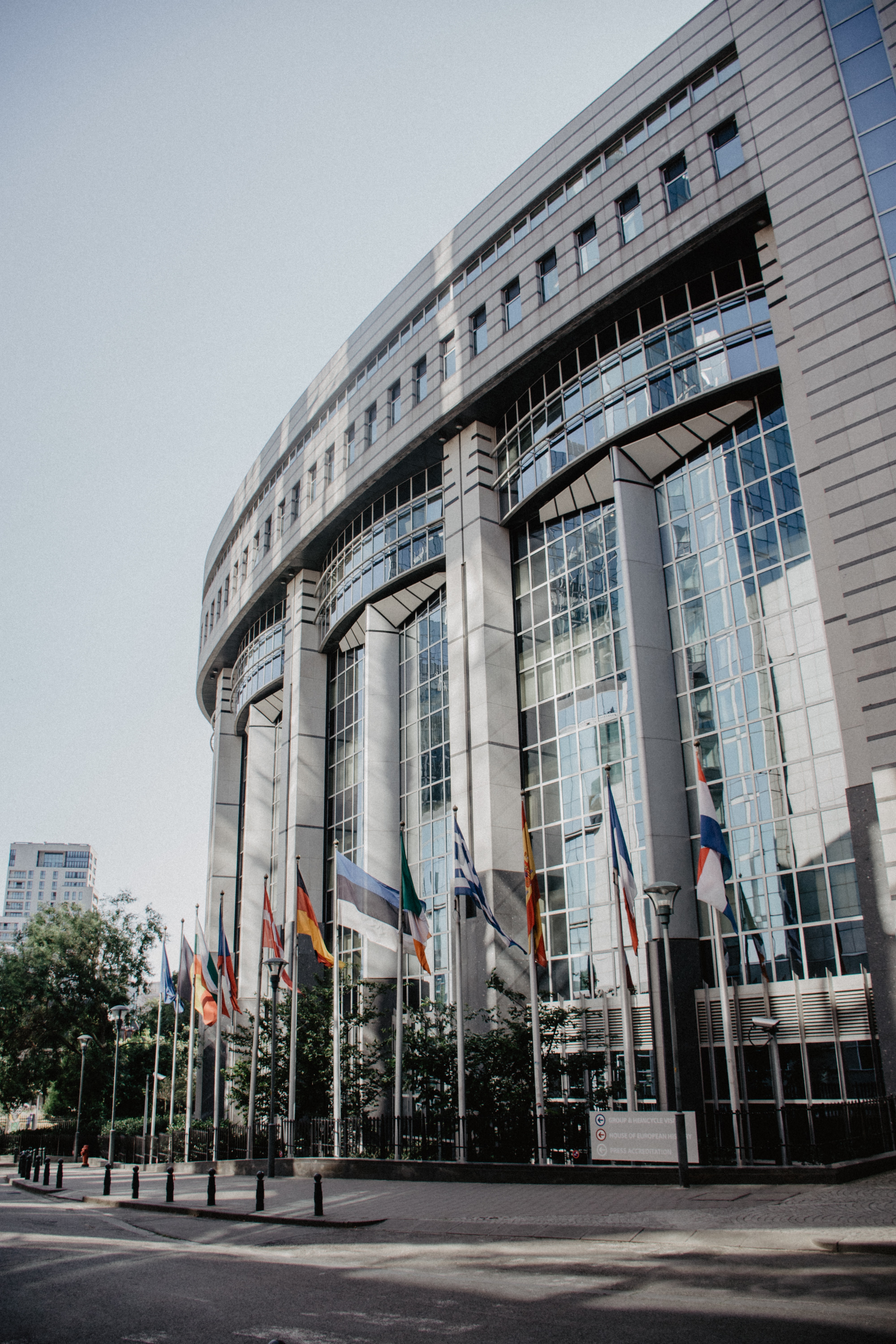FEAT has co-signed a letter calling for the European Parliament to strengthen proposed rules on online platforms to better protect consumers as part of the upcoming Digital Services Act. Signatories include 22 other consumer and business associations.
The letter argues that the DSA in its current format is inadequate in protecting consumers and legitimate businesses from the trade of illegal goods and services, including counterfeit and fraudulent tickets, and fails to understand the reality of online commerce. It urges the body to “avoid adopting a framework that presents significant risks for both consumer protection and businesses’ viability and reputation”.
As it stands, the Digital Services Act looks set to offer an exemption for small and medium enterprises (SMEs) from certain due diligence obligations. In practice, this would merely encourage illegal traders to evade detection by moving to smaller platforms. While a waiver should still exist for micro-enterprises, the vast majority of Europe’s SMEs are still offline businesses, which have long been expected to meet their own set of diligence requirements.
In addition, the proposals ignore the vast and complex reality of online commerce by failing to hold all platforms that facilitate sales between traders and consumers to account. Limiting the scope of obligations such as the Know Your Business Customer obligation to marketplaces means that there will be limited accountability for selling on alternative platforms such as social media. This must be corrected by widening the scope of the forthcoming rules and increasing clarity about platform obligations and consequences.
The DSA as it currently stands is unsatisfactory. By making further adjustments, the Act can help consumers and small businesses trade online in a safe market no longer saturated with illegal trade.
You can read the full statement here.

